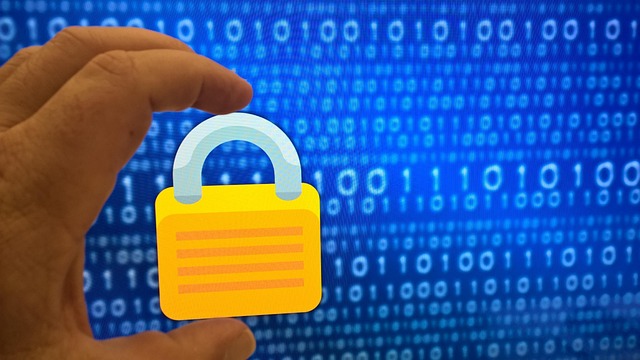Protecting Players: Enhancing Privacy Policies in Gaming and eSports Development
In the rapidly evolving world of gaming and eSports, players are not just participants; they are part of a vibrant community that thrives on connection, competition, and creativity. As more individuals dive into virtual realms, the importance of ensuring their safety and privacy cannot be overstated. This is where robust privacy policies come into play, becoming the backbone of trust between game developers and players.
When players engage in online gaming, they share personal information, environments, and gamer profiles that serve as their digital identity. It is essential for developers to recognize the weight of this data and the responsibility that comes with collecting it. Players deserve to know how their information is being used, stored, and protected. Thus, enhancing privacy policies must be a priority for anyone involved in gaming and eSports development.
The gaming community has often been at the forefront of innovation, pushing boundaries in technology and user engagement. However, with great innovation comes greater risk. Data breaches and leaks can turn a fun experience into a nightmare, causing real harm to the players who trusted game companies with their information. With enhanced privacy policies, developers can mitigate these risks by implementing transparent data management strategies that prioritize player security and peace of mind.
Moreover, as players spend countless hours honing their skills, they often overlook the fine print of a game’s privacy policy. Developers must strive for clarity and accessibility in these documents, ensuring that users can easily understand what they are signing up for. This promotes a culture of informed consent, where users feel empowered and valued, contributing to a sense of belonging within the gaming community.
In the competitive realm of eSports, where player profiles can carry significant weight, the implications of strong privacy policies are even more pronounced. Players at the top of their game often face intense scrutiny, and safeguarding their personal data is vital. Organizations and publishers must be vigilant in protecting the integrity of their players’ information, ensuring that competitive integrity isn’t compromised and that players can focus on their performance without the cloud of privacy concerns looming over them.
Ultimately, enhancing privacy policies in the gaming and eSports industries not only protects individual players but also fortifies the entire community. By fostering trust and transparency, developers can create a thriving environment that not only encourages new players to join but also retains seasoned gamers who have a vested interest in the future of their favorite titles. As we look ahead, it’s clear: the right approach to privacy is not just compliance; it’s an essential aspect of player engagement and satisfaction.




